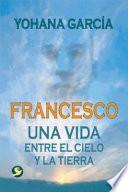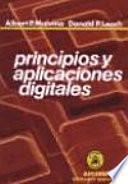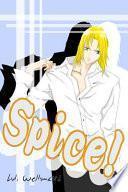El Nuevo Romanticismo
Resumen del Libro

Within the historic events in the 1930s Spain, among whose most important outcome stands the triumph of the Spanish Second Republic (1931), Jose Diaz Fernandez released his book of essays, El Nuevo Romanticismo (The New Romanticism), a compendium of his observations on art, literature, feminism, liberalism, and politics, all five understood as parts of the vital and social processes. Besides being a panoramic scan of the issues that marked the Spanish and European culture during the period between wars, this book expresses a defined will to guide the artistic Avant Gardes and to consolidate the foundations of its aesthetics, with the intention of enabling them to contribute, alongside the labor movement, political parties and social collectives, to the radical transformations of a society bound to give birth to a new romanticism, understood as a return to the humane. As part of the generation who opposed the Primo de Rivera dictatorship, founded magazines and weeklies such as Postguerra or Nueva Espana, and leftwing publishing houses such as Cenit, Oriente or Zeus, this project is conceived departing from the analysis of the Goya and El Greco works, futurism and other avant garde expressions, as well as politics, fashion, and the critique of reformist liberalism. The present release, that reproduces the first 1930 edition, sets in an historic perspective the various issues discussed by Diaz Fernandez while sketching the literary and artistic backdrops that frame the authors stance in his quest for a critical art and a revolutionary literature.









